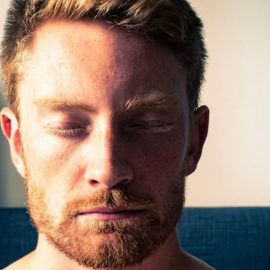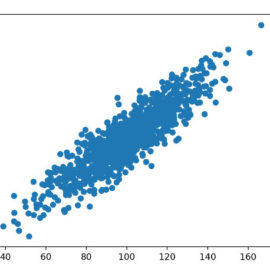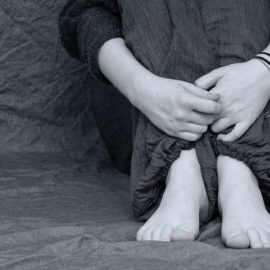
What does a truly accommodating society look like for Autistic individuals? How can we create systemic changes that benefit everyone, regardless of neurotype?
In Unmasking Autism, Devon Price explores vital accommodations for Autism and broader societal changes needed to create a more inclusive world. From legal protections to universal design principles, Price presents a comprehensive vision for transforming how we approach neurodiversity.
Keep reading to discover practical solutions that could reshape society to better serve everyone.
Accommodation for Autism
In his book, Price describes many ways you can unmask and make life easier for yourself as an Autistic person. However, he explains that these tactics alone aren’t enough to overcome the disabling aspects of Autism or the social pressure that leads us to mask in the first place. Instead, we need to incorporate systemic changes to make society more accommodating to Autistic people—a view that aligns with the social model of disability.
Price outlines several policy recommendations to create a more neurodiverse world. These accommodations for Autism include expanding legal protections for disabled people, such as improving enforcement of accessibility requirements and providing more robust worker protections. Price also suggests broadening social norms to include and normalize Autistic behaviors and communication styles. He emphasizes the importance of increased public and professional education on neurodiversity, particularly for educators, health care providers, and mental health professionals.
Additionally, Price argues in favor of universal health care and basic income to support Autistic individuals. Many Autistics remain undiagnosed due to lack of health care access, and those who are diagnosed often struggle with employment or face restrictive disability benefits systems. A universal basic income would provide a safety net for all, regardless of disability status.
Price emphasizes that these changes would benefit both Autistic and allistic people. Creating a world where Autistic people can safely unmask would allow anyone with differences to be seen as worthy and whole, and implementing universal supports like those described above would give everyone greater freedom to not only survive, but thrive.
| Universal Design: Making Society Work for Everyone The societal changes Price describes mirror the concept of “universal design,” which refers to a type of design intended to make products and environments that are usable by everyone without needing to be adapted. This differs from “accessibility design,” which refers to products or environments designed specifically for certain groups such as disabled people. For example, a bathroom with a designated stall for disabled people, equipped with a rail, motion-sensor flush, and wheelchair-accessible toilet would be a type of accessible design: It’s designed specifically for disabled people and creates a separate space for them. This can be highly beneficial, but it still segregates the group in question and has significant limitations (if someone else is already using that one stall, any other disabled people with similar needs will be unable to access it). However, a bathroom in which all the stalls were built this way would be a type of universal design. Universal design is based on seven principles, including the following: • Equitability: Anyone, regardless of status or condition, can use it. • Flexibility: The design can be adapted across as many different preferences and abilities as possible. • Simplicity: It should be easy for anyone to understand and use. • Tolerance for error: The consequences for misuse are minimized or eliminated. • Low effort: Use of the design requires little effort and doesn’t result in fatigue. While the concept of universal design was initially defined in terms of architecture and physical spaces, it can be adapted to all of the types of accommodations Price describes. In the same way that a universally designed facility improves the experience for all people who use it, such societal accommodations would improve life for many if not all people in the society. |






